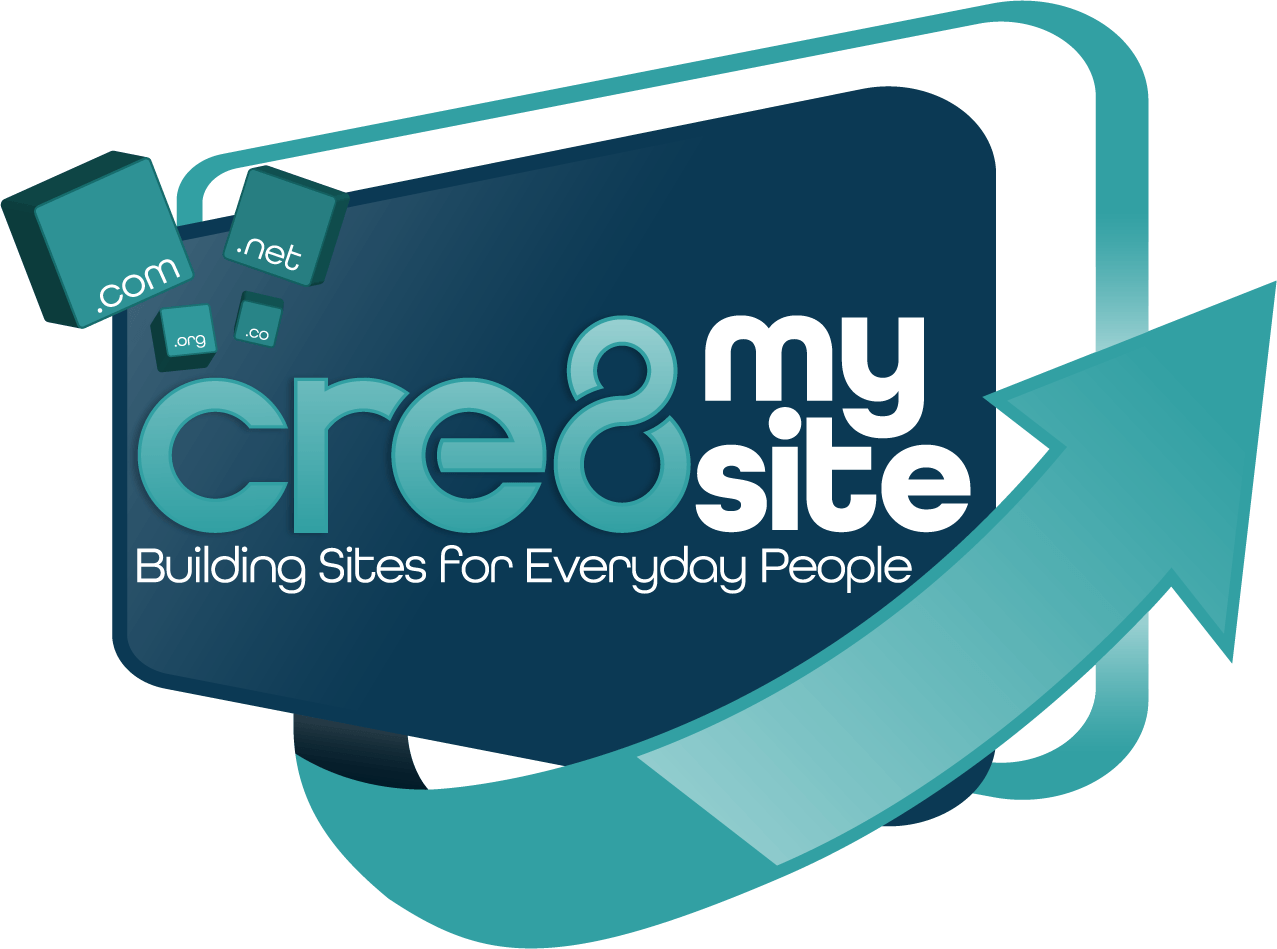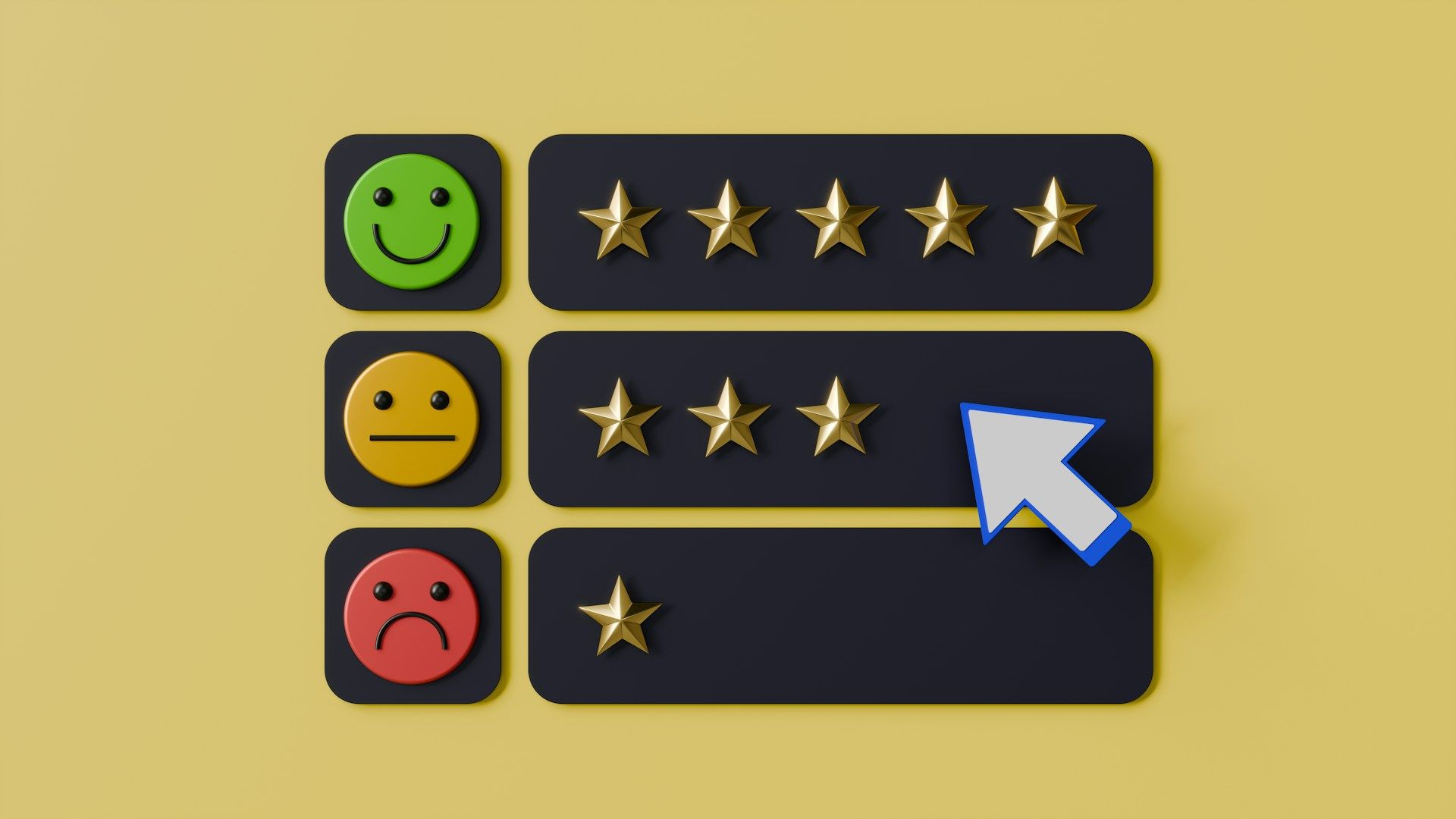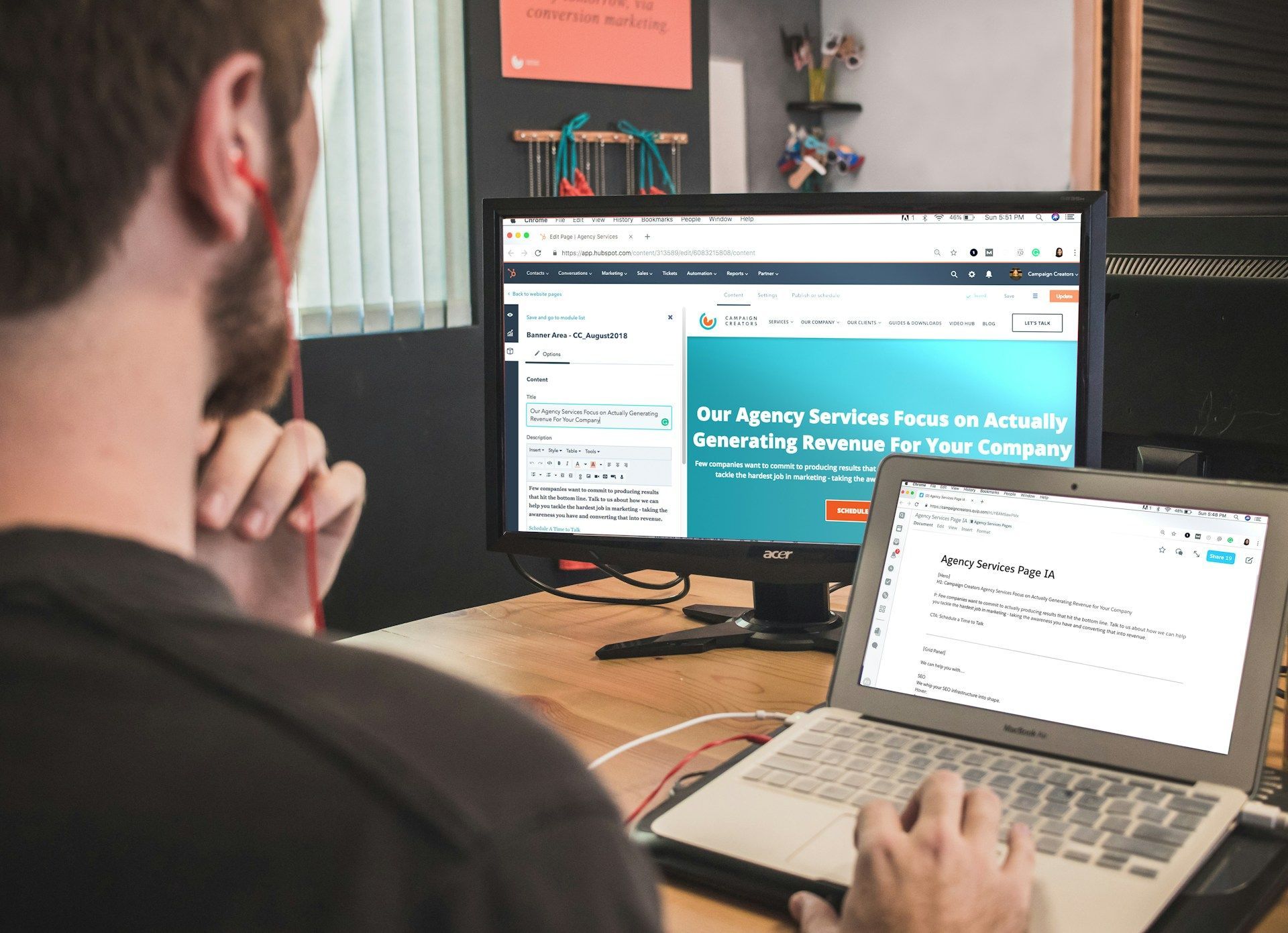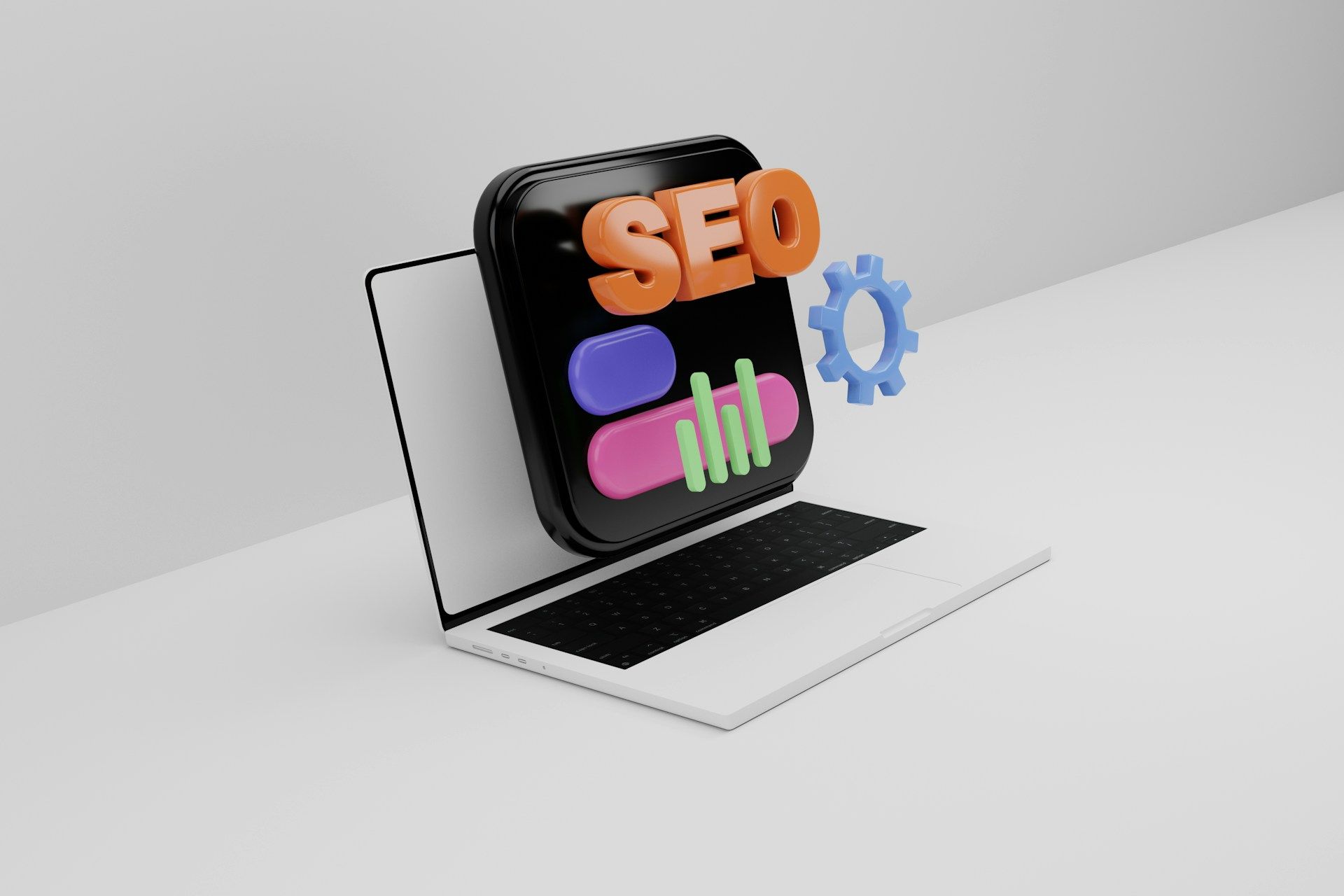AI in Website Design: Revolutionizing User Experience and Engagement
AI: The Website Gamechanger
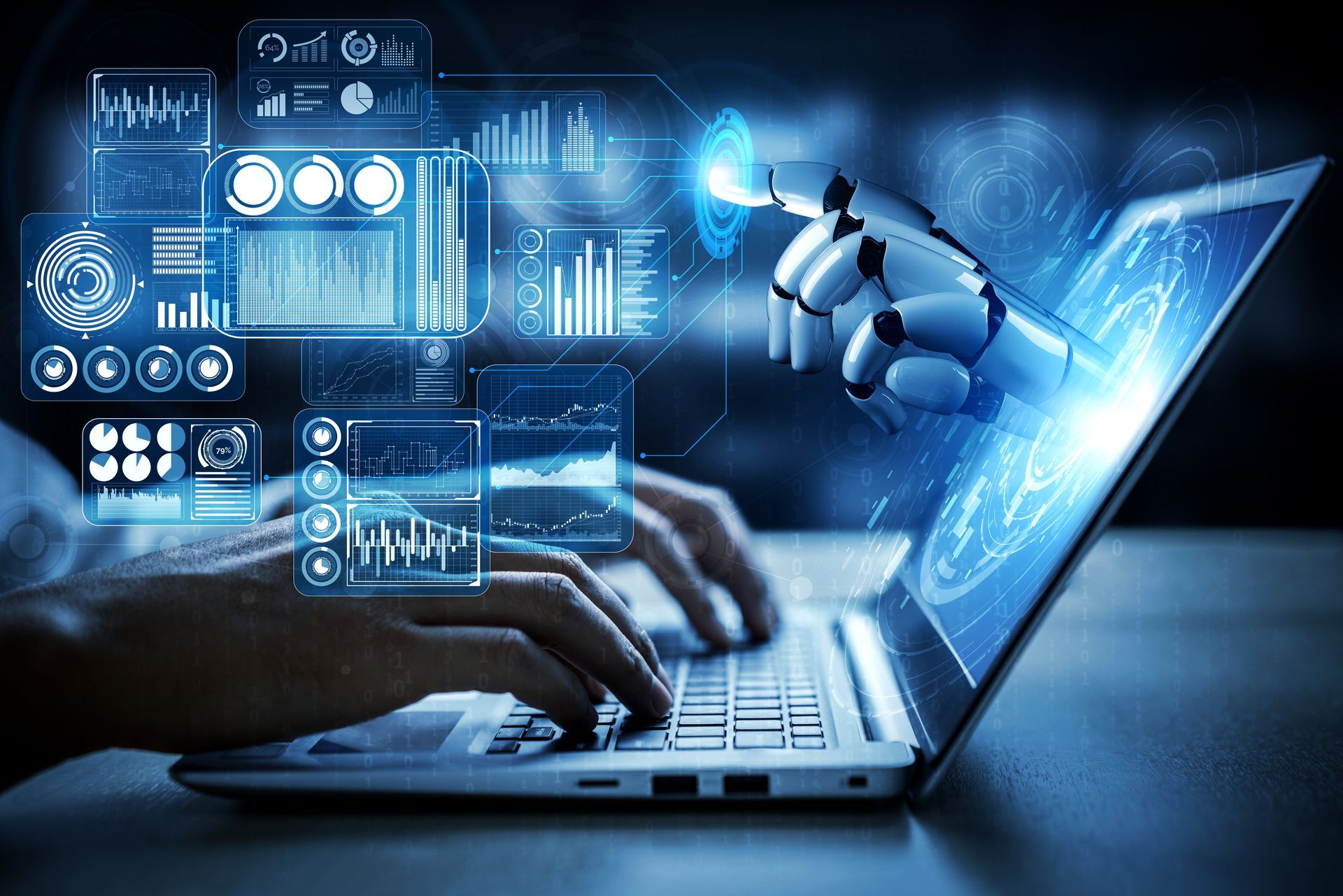
In the fast-paced landscape of digital innovation, the role and impact of Artificial Intelligence (AI) in website design have become profoundly influential, marking a pivotal moment in the industry's evolution. AI transcends being merely a fleeting trend and instead represents a transformative technology that not only enhances user experience but also cultivates deeper engagement and drives higher client conversion rates. This comprehensive blog explores the extensive implications of AI on various aspects of website design, from its ability to analyze and predict user behavior to its capacity to optimize calls-to-action, ensuring continuous improvement through A/B testing, and facilitating real-time engagement through the utilization of chatbots. By diving into the intricacies of AI's integration in website design, this guide aims to illuminate the numerous ways in which AI is shaping the future of digital interaction and online marketing strategies.
Understanding User Behavior
The Foundation of Effective Design
An indispensable component in designing websites that authentically resonate with users is understanding their behavior. By leveraging data analytics, Artificial Intelligence (AI) significantly delves into the intricacies of user interactions on websites, providing a comprehensive view of user engagement. Through the application of tools like heatmaps, session recordings, and user journey analysis, it becomes possible to identify prevailing patterns and preferences accurately. Armed with these profound insights, designers are equipped to develop websites that center on users, poised to predict and fulfill the evolving needs of their target audience effectively.
Predictive Analytics
Leveraging cutting-edge AI technology, predictive analytics can effectively anticipate future user behavior by delving into their past interactions. By meticulously analyzing extensive datasets, AI has the ability to predict with accuracy the products a user may be inclined to purchase or the specific sections of a website they are likely to explore. This advanced predictive capability allows designers to create personalized and customized experiences that guide users towards desired outcomes, thereby enhancing their overall satisfaction levels and significantly improving conversion rates.
User Segmentation
AI demonstrates exceptional proficiency in categorizing users into specific groups according to their behavior, demographics, and preferences. This categorization facilitates the delivery of customized content, guaranteeing that every user obtains pertinent and captivating information tailored to their needs and interests. By creating unique user experiences, AI establishes a profound connection with the website visitors, encouraging increased engagement and fostering a deeper level of trust. This personalized approach not only enhances the overall user experience but also significantly improves conversion rates and boosts customer satisfaction.
Personalized Content Creation
Dynamic Content Personalization
A standout use of AI in website design is dynamic content personalization, which has revolutionized the way online businesses interact with their customers. By leveraging sophisticated AI algorithms that continuously analyze user data, websites are able to deliver content in real-time that is tailored to suit individual preferences and behaviors. This personalized approach allows for customized experiences, such as an e-commerce site displaying varied product recommendations based on each user's specific browsing and purchase history. The result? Increased user satisfaction, higher engagement levels, and ultimately, boosted conversion rates for businesses that are able to successfully implement dynamic content personalization.
Natural Language Processing (NLP)
NLP, short for Natural Language Processing, is a sophisticated branch of Artificial Intelligence that delves into the complex interactions between computers and human language. The integration of NLP into website design has the remarkable power to enhance the quality and relevance of content presented to visitors. Through the utilization of AI-driven content creation tools, websites can now generate a myriad of blog posts and product descriptions that effortlessly blend fluency with informative richness. These dynamic tools enable customization that aligns content with the unique preferences and behaviors of the target audience, ensuring a personalized and engaging experience. Such tailored content not only resonates with users but also serves to amplify their interaction levels, leading to significant improvements in conversion rates and overall user engagement.
Visual Content Personalization
Artificial intelligence is revolutionizing the production of visual content by harnessing advanced image recognition and generation technologies. As a result of these advancements, websites have the capability to curate images and videos that are tailored to the unique preferences of individual users. For example, an e-commerce fashion platform can utilize AI to recommend clothing items that resonate with each customer's personal style, taking into consideration their previous shopping history and online behavior. This personalized visual experience not only enhances user engagement but also has a significant impact on increasing conversion rates and driving sales. In today's digital landscape, the integration of AI in visual content creation has opened up new possibilities for delivering more engaging and relevant online experiences.
Chatbot for Real-Time Engagement
Instant Customer Support
Chatbots play a crucial role in contemporary websites as powerful tools empowered by AI technology. They offer prompt and personalized customer support, allowing for seamless interaction and engagement. These intelligent chatbots are capable of managing a wide range of tasks, including responding to common inquiries, offering product recommendations, and facilitating purchases. By providing swift assistance and enhancing user experiences, chatbots not only elevate customer satisfaction but also help reduce bounce rates and increase conversion rates on websites. Their ability to streamline communication and provide round-the-clock assistance makes them a valuable asset for businesses looking to enhance their online presence and improve customer relations.
24/7 Availability
One key benefit of AI chatbots is their impressive capacity to operate 24/7, tirelessly providing uninterrupted support to users around the clock. Unlike humans who are constrained by limited availability, chatbots ensure immediate assistance at any hour, whether it be dawn or dusk. This continuous availability not only serves to enhance user satisfaction but also plays a pivotal role in maintaining website visitors' interest, which ultimately leads to a notable boost in conversion rates. The ability of chatbots to consistently provide reliable support contributes significantly to a seamless user experience, fostering positive interactions and significantly increasing customer engagement. Users can rest assured knowing that help is always just a message away, regardless of the time of day or night.
Personalized Interactions
Contemporary chatbots have extensively evolved in recent years, showcasing a remarkable ability to excel in providing deeply personalized interactions that are meticulously tailored to suit each user's unique preferences and needs. Through intricate analysis of user data and behaviors, these advanced chatbots are able to craft highly customized responses that not only offer relevant recommendations and assistance but also cater to individual circumstances and requirements. This personalized approach not only significantly enhances user satisfaction but also fosters a deep sense of value and understanding among users, establishing a strong rapport with the website. As a result, this personalized user experience helps to cultivate a lasting bond between users and the platform, driving increased user engagement and ultimately enhancing the conversion potential of the website.
Call-to-Action Optimization
Intelligent CTAs
Calls-to-action (CTAs) are integral components of website design, serving as dynamic tools that direct users to take desired actions, whether it's completing a purchase or subscribing to a newsletter. Leveraging the advancements of artificial intelligence (AI), CTAs can be finely tuned through constant tracking of user behavior and rigorous testing of various iterations to identify the most compelling versions. Through the innovative use of AI-driven technology, these intelligent CTAs can adapt in real-time, delivering customized and enticing offers tailored to individual user preferences. This personalized approach not only enhances conversion rates but also significantly boosts overall user engagement, providing a more immersive and targeted experience on the website.
A/B Testing and AI
A/B testing stands as a prevailing and extensively utilized technique in digital marketing strategies for assessing the effectiveness of different design elements, including CTAs. In this process, artificial intelligence (AI) technology plays a vital role in enhancing A/B testing through swift processing and analysis of extensive datasets to detect nuanced patterns, often overlooked by human observers. Through AI-driven A/B testing integration, multiple variations can be simultaneously tested, considerably expediting the optimization process and yielding more precise outcomes. This cyclical testing method facilitates continuous enhancements, ensuring that CTAs consistently operate at optimal efficiency levels, eventually resulting in higher conversion rates and enhanced campaign performance.
Behavioral Triggers
Artificial intelligence possesses the remarkable capability to detect subtle behavioral cues that indicate a user's inclination to convert. By methodically scrutinizing user behaviors and engagement metrics, AI can precisely determine the opportune moment to present calls-to-action (CTAs). Take, for instance, when a user spends an extended period on a product page or adds items to their cart, AI can strategically prompt a personalized discount incentive CTA. These precisely timed and customized CTAs significantly amplify conversion likelihood by targeting users when their engagement is at its zenith. This personalized approach not only boosts conversion rates but also enhances overall user experience, resulting in a harmonious interaction between the user and the brand.
A/B Testing for Continuous Improvement
Data-Driven Decision Making
A/B testing, a powerful mechanism for continual improvement in website design, allows designers to experiment with various elements to optimize user experience. Enhancing this methodology is Artificial Intelligence (AI), which leverages data-driven insights to inform design decisions. By analyzing different design components and user behaviors, AI can efficiently identify the most effective strategies for achieving desired outcomes. This iterative process ensures that websites constantly evolve and improve, ultimately leading to elevated conversion rates and overall success. Through the combination of A/B testing and AI technology, designers are equipped with valuable tools to make informed decisions that enhance the user experience and drive results. This dynamic approach to website optimization fuels creativity and innovation, enabling businesses to stay competitive in the ever-evolving digital landscape.
Multivariate Testing
Traditional A/B testing involves comparing just two variations, whereas multivariate testing goes a step further by assessing multiple variables concurrently. This approach allows for a more comprehensive analysis of how different design elements interact with each other and influence user behavior. With the help of AI technology, multivariate testing becomes even more efficient as it can process vast amounts of data rapidly to identify the most effective combinations of these variables. This sophisticated and holistic methodology provides a deeper understanding of the intricate relationships between various factors, ultimately leading to more refined and impactful website optimization strategies.
Continuous Monitoring and Adaptation
AI-driven A/B testing is a dynamic and continuous process that involves an ongoing loop of observation, experimentation, and adjustment. Through advanced AI algorithms, the system continuously monitors user interactions and assesses the effectiveness of the website in real-time. By swiftly identifying areas for improvement and implementing instant modifications, this proactive approach ensures that the website is consistently optimized for user engagement and conversion. This iterative strategy is designed to adapt to evolving user preferences and changes in market dynamics, providing a seamless and tailored user experience.
Conclusion: AI Enhances Client Conversion on Websites
AI is transforming the landscape of website design by delving deeper into user behavior, enabling tailored content creation, enriching real-time interactions through chatbots, optimizing call-to-action strategies, and facilitating ongoing enhancement through A/B testing. These AI-infused tactics not only elevate the user experience but also yield a substantial increase in client conversion rates. As AI technology advances, its influence on website design will expand, presenting even more inventive solutions for crafting user-centric and conversion-focused websites.
Through the adoption and integration of advanced artificial intelligence technologies, businesses have a golden opportunity to strategically fortify their positions in today's fast-paced digital environment, ensuring a competitive edge that is not easily replicated. Leveraging the innovative capabilities of AI-driven solutions enables companies to not only offer exceptional user experiences that cultivate lasting engagement, satisfaction, and trust but also to optimize conversions and cultivate a loyal customer base. It is evident that the future of website design is closely tied to the progress in AI development, paving the way for a transformative era characterized by seamless, intelligent, and highly impactful online interactions tailored to meet the diverse needs and preferences of users across a multitude of platforms.
Small Businesses Are Our Passion
Build a professional digital presence that your company can be proud of with Cre8 My Site's Fully Managed Plans. They will help create an amazing website for your business with exceptional support. Choose a plan to cover your business needs.
Business Hours
Monday-Friday - 8:00am-5:00pm
Saturday - Appointment Only
Sunday - Closed
